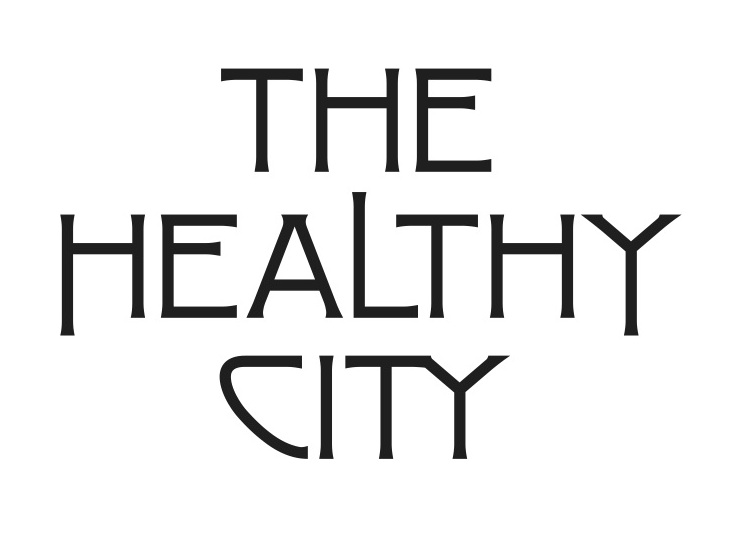In America, we have the latest cutting-edge technology and overwhelming access to health care. We spend more money on healthcare than any other country. As a result, shouldn’t Americans be healthier? Unfortunately, even though the U.S. is one of the wealthiest countries in the world, America is not the healthiest. Rather, it has one of the shortest life expectancies among industrialized nations. This may seem perplexing, but medical care only accounts for about 10% of a person’s health. Lifestyle, habits, genes, and social situations each contribute much more. So, more than enough dollars are being spent; they are just being spent in all the wrong places. The central problem with the health of Americans boils down to lack of focus on prevention of disease.
As psychologist and prevention advocate George Albee stated, “No mass disorder, afflicting humankind, has ever been eliminated, or brought under control, by treating the affected individual.” However, most dollars spent in healthcare are still aimed at treating affected individuals. Our dollars mostly go towards the very expensive treatment of existing disease, often when it is nearly too late. For instance, diabetes affects more than one in ten Americans; it is a nationwide epidemic that is expensive to treat, costing Americans some $175 billion each year. However, the vast majority of diabetes is completely preventable simply through maintaining a healthy lifestyle consisting of a balanced diet and regular exercise.
Promoting healthy lifestyles through education, social programs, and creating healthy environments is not only a cheaper way to prevent diabetes (as well as a plethora of other illnesses), but it is also much more effective. However, there is very little money going towards prevention. Instead, our approach to healthcare is predominantly reactive. Dr. Brent James of Intermountain Healthcare calls this reactive hospital and emergency focus rescue care. Rescue care is far more expensive than prevention. The most effective and sustainable strategy for cost effective health care is to confront the risk factors of diseases through primary care and prevention rather than relying on outmoded rescue care focused on treating advanced disease.
cb

